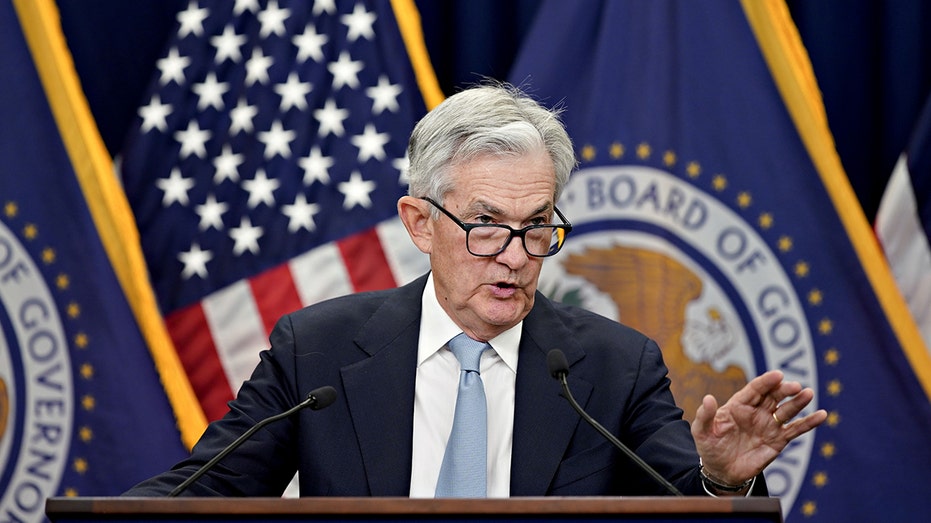Fed's favorite inflation gauge rose 0.2% in December
Core inflation drops to lowest level since March 2021
Inflation has been a little sticky, analyst says
Federated Hermes chief equity market strategist Phil Orlando discusses his expectations for the path of inflation this year.
An inflation measure closely watched by the Federal Reserve rose in December after declining the previous month as high prices continued to weigh on millions of Americans.
The personal consumption expenditures (PCE) index showed that consumer prices rose 0.2% from the previous month, according to the U.S. Department of Labor. On an annual basis, prices climbed 2.6% — unchanged from the previous month.
The figures were both in line with estimates from Refintiv economists.
In a sign the Fed's fight against inflation is slowly making progress, core prices — which strip out the more volatile measurements of food and energy — climbed 0.2% from the previous month and 2.9% from the previous year. It marked the best reading for core inflation since 2021.
AMERICANS ARE YANKING MONEY OUT OF THEIR RETIREMENT SAVINGS TO COVER BILLS

Customers shop at a supermarket in Foster City, California, on Sept. 13, 2023. (Li Jianguo/Xinhua via Getty Images / Getty Images)
While the Fed is targeting the PCE headline figure as it tries to wrestle consumer prices back to 2%, Chair Jerome Powell previously told reporters that core data is actually a better indicator of inflation. Both the core and headline numbers point to inflation that is steadily returning to the Fed's preferred 2% target.
"The inflation trajectory is improving, giving the Fed leeway to cut rates this year," said Jeffrey Roach, chief economist at LPL Financial. "However, the Fed has further work to do and should not be tempted to declare 'mission accomplished.'"
A FED PAUSE LIKELY WON’T HELP STRUGGLING CONSUMERS
Other figures included in the report showed that consumer spending rose 0.7% in December compared with a 0.4% increase in November, suggesting that Americans ramped up their spending during the pivotal holiday season.

Federal Reserve Chairman Jerome Powell speaks during a news conference in Washington, D.C. (Al Drago/Bloomberg via / Getty Images)
Still, many economists anticipate that spending will slow in the coming months as consumers continue to grapple with expensive goods, high interest rates and the resumption of federal student loan payments.
Stocks were little changed Friday morning as investors digested the latest inflation report.
| Ticker | Security | Last | Change | Change % |
|---|---|---|---|---|
| I:DJI | DOW JONES AVERAGES | 49395.16 | -267.50 | -0.54% |
| I:COMP | NASDAQ COMPOSITE INDEX | 22682.729157 | -70.91 | -0.31% |
| SP500 | S&P 500 | 6861.89 | -19.42 | -0.28% |
CLICK HERE TO READ MORE ON FOX BUSINESS
The Fed skipped a rate hike during its meeting in December and penciled in three quarter-point rate cuts in 2024, essentially bringing to an end its nearly two-year tightening campaign. Policymakers are widely expected to hold rates steady at their first meeting of the year next Tuesday and Wednesday.
"There’s little to no chance the Fed would cut rates next week; the data isn’t motivating urgency in any direction right now," said Elizabeth Renter, data analyst at NerdWallet. "Instead, we’ll likely see Fed Chair Powell's remarks continue their slight turn to the dovish side, in anticipation of a likely cut come March or June."





















